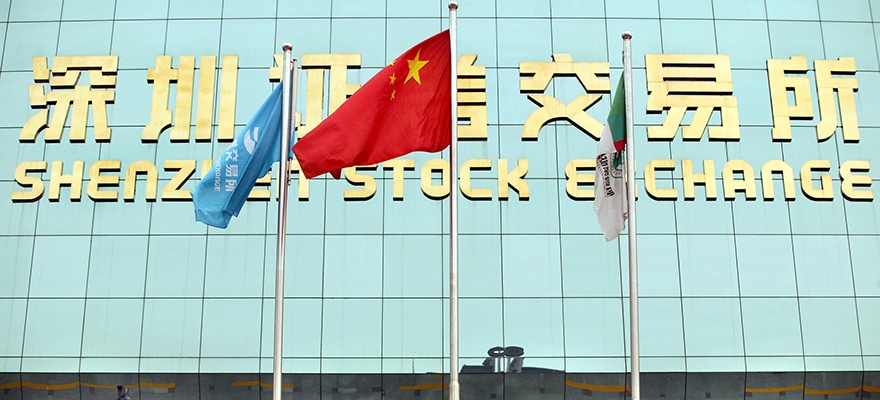On Thursday, the People’s Bank of China (PBOC) set the official midpoint rate for the yuan, also known as the renminbi (RMB), at 6.5646 per USD, the lowest rate since March 2011, Reuters reports. The new rate of the currency peg was 0.5 per cent lower than the day before, and the biggest daily drop since last August, when the nearly 2 per cent devaluation also roiled markets.
China’s acceleration of the yuan’s depreciation sent regional currencies and stock markets tumbling, as investors feared that China could trigger a competitive currency devaluation amongst its trading partners. At the time of writing, the yuan was weakening by 1.18 per cent against the dollar, following a 3.5 per cent fall against the Japanese yen and 0.8 per cent against the euro earlier this week.
Weak Economic Performance
The PBOC’s move pulled regional currencies into a swirl as the Australian dollar, often used by foreign exchange dealers as a liquid proxy for the yuan, fell half a USD cent in the blink of an eye. Nevertheless, in an attempt to calm down the markets, the PBOC’s China Foreign Trade System (CFETS) repeated today that there was no basis for the yuan’s continuous depreciation and that it was stable against a basket of currencies in 2015.
China’s reserves fell by $87.2 billion in November to $3.44 trillion, the lowest level since February 2013
Weak economic data drew China’s currency and stock exchange down. In addition, China’s reserves fell by $87.2 billion in November to $3.44 trillion, the lowest level since February 2013. According to the Reuters report, this week’s slide comes ahead of the expected release later in the day of China’s foreign exchange reserve data for December, which traders fear will show a further sharp decline as investors pull money out of the slowing economy.
Besides currency issues, China’s stock markets trade was automatically suspended for the rest of the day only 29 minutes after opening due to a sharp 7 per cent fall. For the second time this week, China’s new stock exchange circuit-breaking mechanism came into action, stopping trade.





Be First to Comment